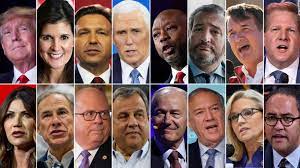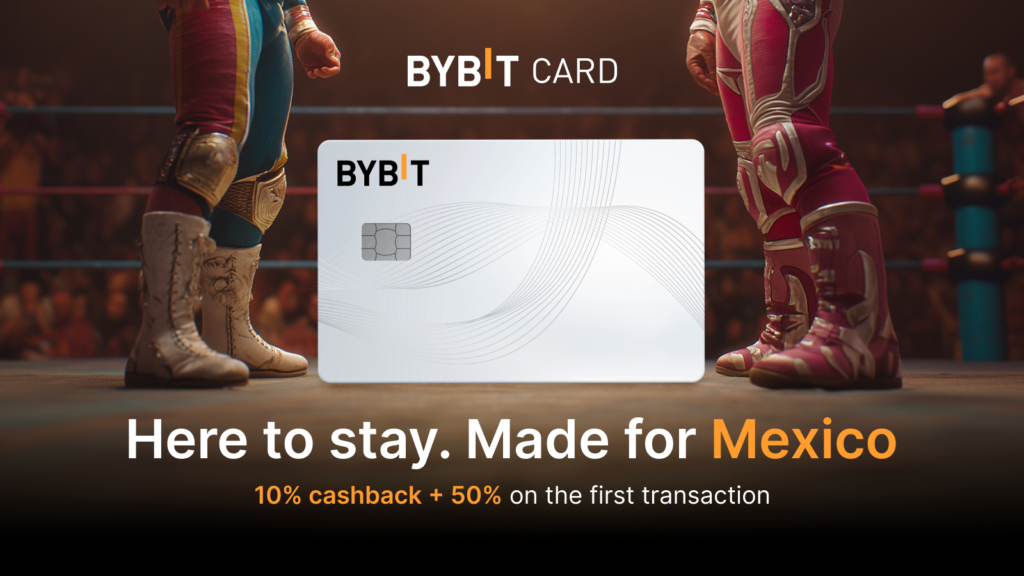The focus shifted to the world of crypto during a heated US Republican presidential debate in Tuscaloosa, Alabama.
US candidates made bold proposals and engaged in heated debates about crypto regulation and the future of digital currencies, providing a unique perspective on the industry’s political role.
Vivek Ramaswamy, a presidential candidate known for incorporating cryptocurrency into his campaign, used the opportunity to discuss his crypto policy.
He emphasized the importance of updated regulations, citing the legal issues confronting Binance’s former CEO, Changpeng Zhao, aka “CZ.”
Ramaswamy advocated for a reduction in the Securities and Exchange Commission’s (SEC) workforce, arguing for a softer regulatory touch on the cryptocurrency industry.
He proposed classifying crypto as a commodity and arguing that it should be exempt from SEC regulation. Ramaswamy also criticized SEC Chair Gary Gensler’s position on Ethereum, citing a lack of clarity.
Independent candidate Robert F. Kennedy Jr. jumped into the crypto conversation by proposing that Bitcoin be exempt from capital gains tax.
He advocated for the right to self-custody of bitcoin and revealed plans to back the US dollar with assets such as gold and bitcoin, demonstrating a unique perspective on the intersection of crypto and traditional finance.
Ron DeSantis, the current governor of Florida and a presidential candidate, spoke about Central Bank Digital Currencies (CBDCs).
DeSantis has been outspoken about his opposition to CBDCs, claiming that they would be “dead on arrival” if he were elected. He had previously signed a CBDC-related bill in Florida, though experts have debated the potential impact of such legislation.
Ramaswamy’s controversial claims about the Jan. 6 Capitol assault and the Democratic Party’s platform accompanied the crypto-centric discussions.
These statements sparked further debate among the audience and fellow candidates, adding another layer of complexity to the overall discussion.



